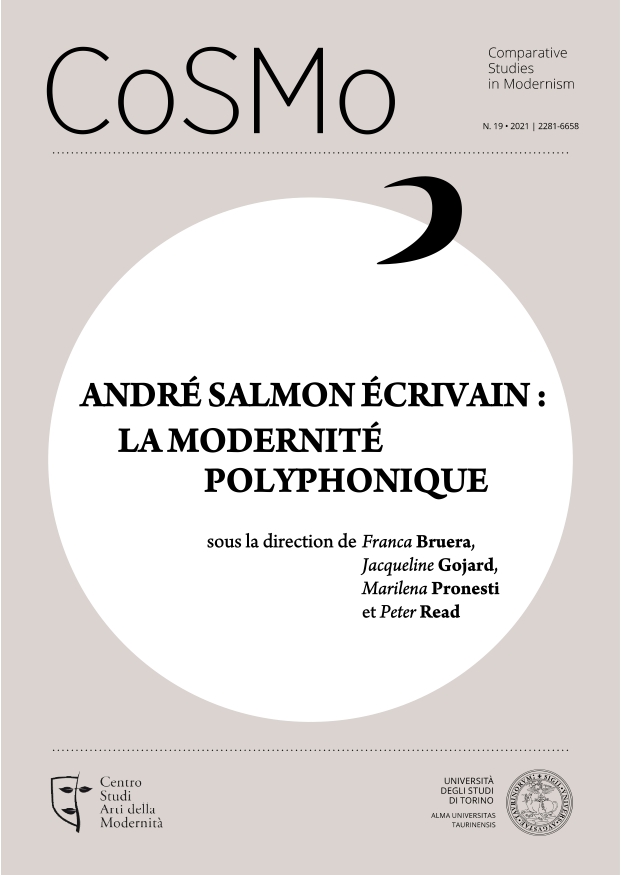Imparare a vedere
Rilke interprete di Cézanne
DOI:
https://doi.org/10.13135/2281-6658/6351Parole chiave:
Representation, Things, Appearance, Objectivity, ColorAbstract
The essay intends to consider the letters written by Rilke to his wife Clara Westhoff on the occasion of the two rooms dedicated to Cézanne in the Salon d’Automne exhibition held in Paris (where Rilke was staying at the time) in 1907. These letters are a sort of account of Rilke’s almost daily visits to the exhibition. The encounter with Cézanne’s painting has the value, for Rilke, of a real event which, in absolute harmony with the painter, allows him to become definitively aware of the metamorphosis that had been taking place for some time in his literary creation. The call, made by Cézanne, to represent the sensitive universe starting from the modalities through which it appears crosses, in fact, with the apprenticeship towards a new way of seeing “things” chosen by Rilke – in the New Poems and in the Notebooks of Malte – as the privileged epicenter of his poetics, which will find, then, in the Duino Elegies its summit.
Downloads
##submission.downloads##
Pubblicato
Fascicolo
Sezione
Licenza
Gli autori mantengono i diritti sulla loro opera e cedono alla rivista il diritto di prima pubblicazione dell'opera, contemporaneamente licenziata sotto una Licenza Creative Commons - Attribuzione che permette ad altri di condividere l'opera indicando la paternità intellettuale e la prima pubblicazione su questa rivista.






